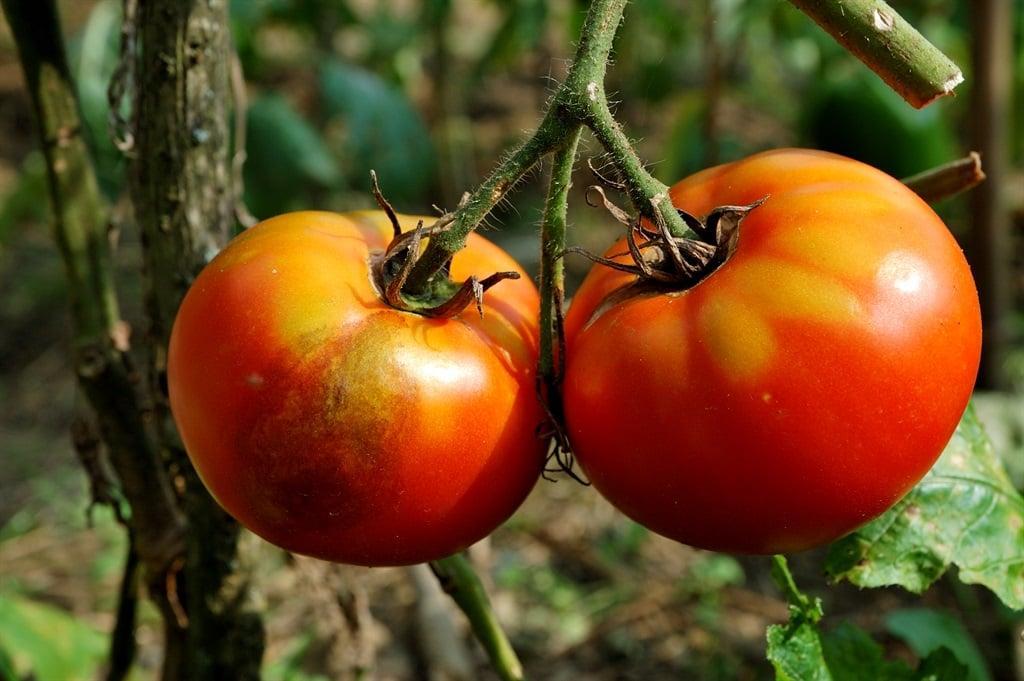
Africa-Press – South-Africa. Lobby group AfriForum and the federation of agricultural organisations, Agri SA, slammed the water and sanitation department’s proposed changes to water legislation.
They said, if the changes were enacted, it would have a detrimental impact on the agricultural sector.
The department recently published, for comment, the draft revised regulations regarding the procedural requirements for water use licence applications and amendments.
The draft revised regulations were published in a government gazette on 19 May.
The deadline for submitting comments is 18 July.
According to the draft regulations, enterprises applying for water use licences to take or store water will, in future, have to allocate shares of up to 75% to black South Africans.
A legal and policy executive at Agri SA, Janse Rabie, said the proposed legislation would have severe consequences for the agriculture sector.
“The consequences for food security and the sustainability of the agricultural sector, should these regulations be passed in the current form, cannot be understated. It would have a devastating impact on the sector and its ability to provide the country with a secure food supply.
“This is because focusing solely on ownership, excluding all other relevant factors, will mean the loss (or partial loss) of water resources for numerous currently viable commercial farming enterprises,” said Rabie.
“The prescribed minimum black South African shareholding requirements, of 25%, 50% or 75%, required for a water use licence to succeed, depends on the volume of water abstracted or stored, or the area covered, especially in the case of commercial forest plantations.
“The agricultural sector accounts for approximately 60% of South Africa’s water use. It is worth noting that the proposed regulations exempt mining companies, the state and state-owned entities, and 100% black-owned entities.
“Agri SA is of the view that the proposed regulations will have a devastating effect on South Africa’s commercial agricultural sector, if adopted in its current form.”
Agri SA argued that water was the most vital input for the sector – and, if farmers lose the lawful use of this input, the impact will be catastrophic.
“Agri SA acknowledges that water belongs to all South Africa’s people and fully appreciates the importance of achieving an inclusive and representative agricultural sector in our country.
“The consequences that the draft regulations, in its current form, will have for agriculture and food production in South Africa will be fatal as it will essentially force the transfer of ownership for the ability to lawfully use water, commercial agriculture’s most crucial input factor,” said Rabie.
Marais de Vaal, AfriForum’s spokesperson, said the legislation amounted to the department implementing race quotas on the access to water.
De Vaal said:
It comes after the DA recently accused the ANC-led government of trying to introduce race quotas in the job sector via its draft Employment Equity Amendment Act.
The purpose of the Act is to achieve equity in the workplace by promoting equal opportunity and fair treatment in employment.
The DA said the regulations set out racial employment quotas across 18 economic sectors and across all nine provinces, which would affect every part of the South African economy.
The DA also criticised the proposed water regulations, saying: “Hot on the heels of newly-gazetted draft race quotas designed to ban entire groups of South Africans from employment in certain sectors and provinces, the ANC government has now also gazetted race quotas that will determine access to water, based on skin colour.
“Now, draft regulations, published by Minister of Water Senzo Mchunu on 19 May, introduce race quotas for the allocation of water use licences, which are vital to the survival of businesses in sectors, such as agriculture, forestry and mining. The consequences will be particularly devastating for the farmers who feed us all.”
The department’s spokesperson, Wisane Mavasa, said she was not aware of the objections made by the two organisations.
The department would, however, respond in due course.
For More News And Analysis About South-Africa Follow Africa-Press





